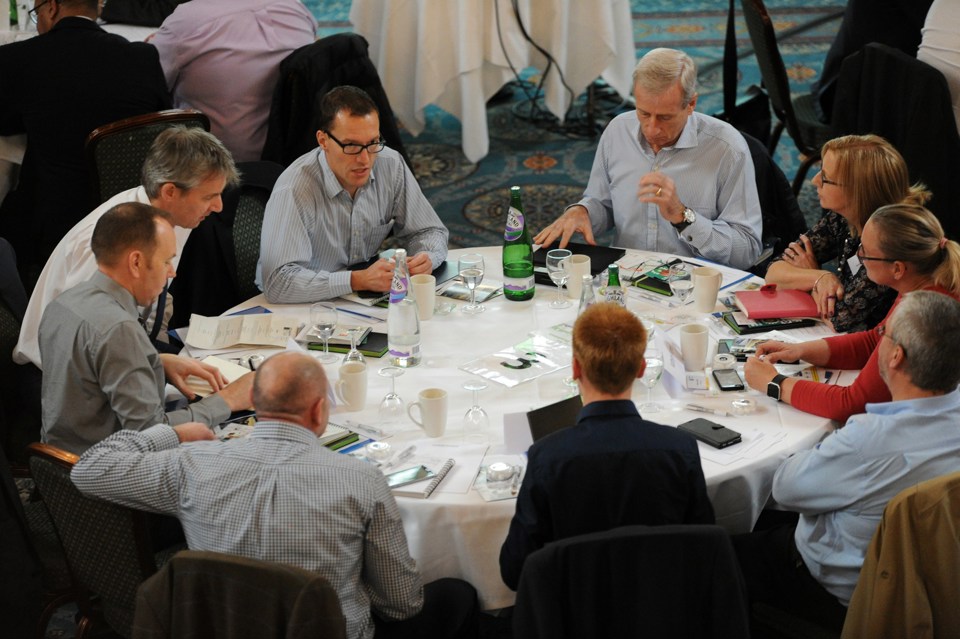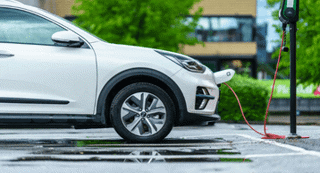Telematics was a divisive subject among fleet managers in the November 2017 Fleet200 Executive Club meeting.
One fleet operator expressed concerns that “telematics can open up a liability can of worms” if companies do not manage the data and act accordingly.
Alongside the benefits and drawbacks of telematics, delegates discussed the advantages of front and driver-facing cameras – both of which can be met with friction from unions and drivers.
Summary of discussion points:
- Telematics is primarily being used to record vehicle location, journey details and business mileage.
- Some operators are avoiding using their system’s full functionality as the data streams are so big they may be liable for any unnoticed information. One fleet manager said: “In the event of a fatality the police will ask to see the data and if it shows that drivers are consistently speeding but the company has not offered training then it will be liable.”
- One fleet operator described telematics as “a double-edged sword”. If they do install the units and overlook data then they could be liable in the event of a fatality but, but on the other hand, if they have a large fleet without telematics units and a collision/fatality occurs authorities may question why telematics was not installed.
- Managers agreed that businesses must first establish what the telematics would be used for, and favour bite-size chunks of data over a large stream to reduce the risk of liability and focus company aims.
- One fleet operator suggested that companies should not be held liable for a driver’s actions if they have a clear driver policy and the driver has gone against it and caused an accident.
- The extensive data can be managed by hiring an analyst. This has proven successful for one fleet manager but many businesses do not have the resource to employ additional staff.
- The majority of fleet managers had not installed any cameras due to negative reactions from union members and drivers, but agreed that forward-facing cameras would be installed to protect members of staff rather than monitor.
- Telematics and cameras can have a bad reputation among drivers and are seen as a “Big Brother way to spy on employees”. However, most managers agreed that commercial vehicle drivers expect telematics to be fitted.





















Login to comment
Comments
No comments have been made yet.